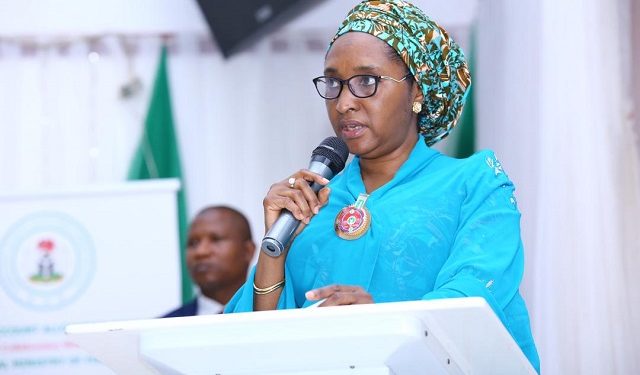It took only a small change in wording on the Nigerian central bank’s website this week to get some analysts speculating that the nation’s multiple exchange-rate system was on its last legs.
The monetary authority subsequently denied anything had changed, but the flurry of excitement it caused was telling. Most foreign investors say the currency regime will break at some point, causing Nigeria to revert to a single exchange rate and perhaps even go for a full float of the naira. They just can’t be sure when or what the trigger will be.
Declines in the price of oil, Nigeria’s lifeline export, have heightened speculation that it’s getting harder to sustain the system. Brent crude has dropped almost 20% since late April to less than $62 a barrel and inflation has exceeded 10% for more than three years, eroding the currency’s value.
The central bank has also taken steps that reduce the significance of the official rate, which, at 306.50 per dollar, is about 20% stronger than the market-determined 361-per-dollar level. It cut daily sales of foreign exchange in the official window to $100,000 from $500,000, according to the International Monetary Fund. And this week it told importers to start paying customs duties at 326 naira per dollar, up from 306 previously.
Reserves Firepower
For now, Governor Godwin Emefiele has plenty of firepower at his disposal. Foreign reserves stand at $45.2 billion, the highest level since September.
There are also political reasons why multiple exchange rates may be maintained. President Muhammadu Buhari, and most of Nigeria’s ruling class, are advocates of a strong naira and argue past devaluations have only harmed the country. The 2019 budget, which Buhari signed last month, is based on an exchange rate of 305.
But whatever factors support Emefiele right now, this week was a reminder how nervous investors are about the current system.










